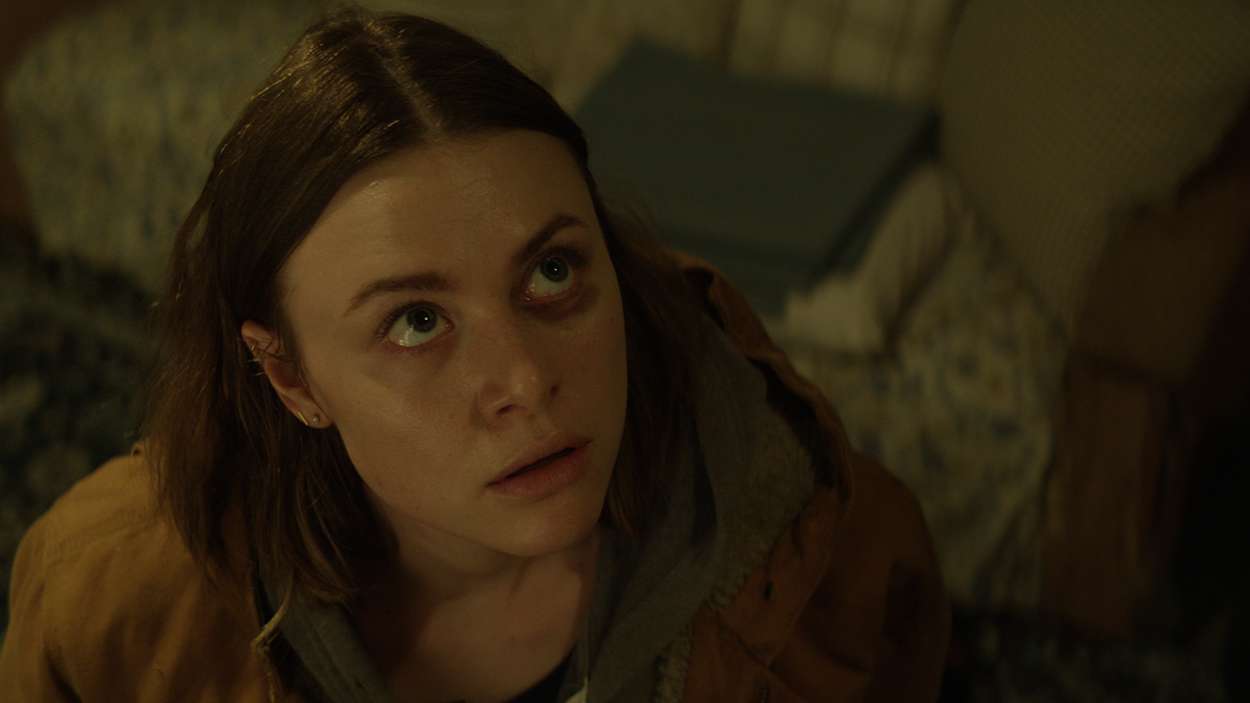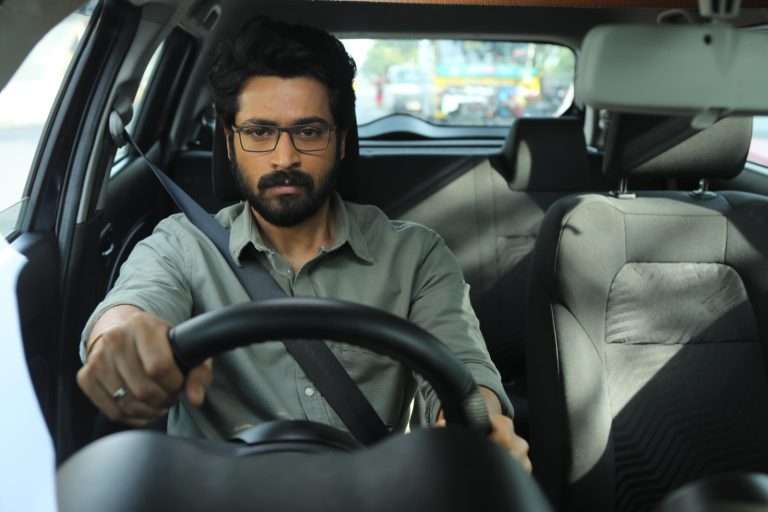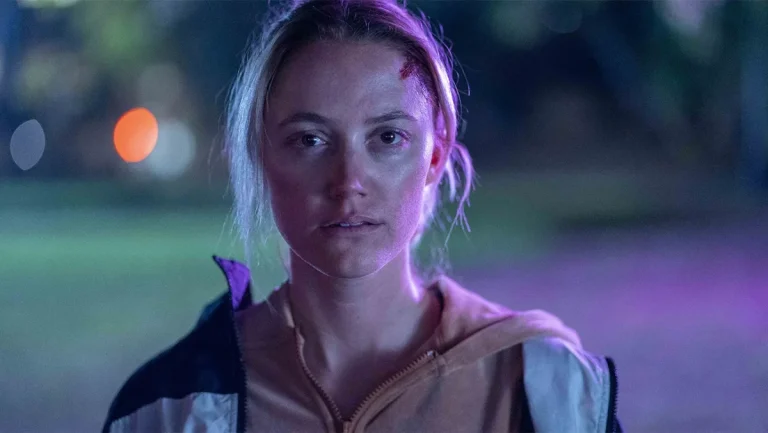Rarely has there been a movie where protection of the viewing experience takes precedence from a critical standpoint, but director John Rosman’s debut feature is so devoted to being an intimate character drama that the flipping of the script to an interesting genre feature should be an experience to be discovered rather than being read by a review.
However, in this age of information being accessible at the tip of your fingers, it is hard to keep anything under wraps for a sufficiently long time. Thus, considering that Rosman’s debut feature is dabbling in the horror genre, that should be enough of a clue. Credit to Rosman, who has also written the screenplay, that he doesn’t lose the ability of horror as a genre to comment on the real world, sprinkling in contexts of the world as well as revealing the true nature of the story in snippets, letting it completely unfurl only at the halfway mark, by which point “New Life” becomes a suitably gory film.
It ostensibly begins as a chase movie, with a nondescript woman named Jessica Murdock on the run, dodging surveillance cameras and surviving based on the kindness of strangers, as well as doing odd jobs. Flashbacks to her previous life reveal a campsite, a missing boyfriend, a stray dog, and maybe an infection. On the opposite end, the fixer who is assigned to bring her in is one Elsa Grey, whose favorite soundtrack on Apple Music is Bob Dylan’s “Like a Rolling Stone.” She is perenially exhausted and trying to just live her life a day at a time, and as we slowly learn, she is suffering from ALS, the debilitating disease that is leading to a loss of muscle control.
The apocalypse as a concept is huge, with ever-spreading ramifications, limited only by imagination. Its effects in terms of storytelling, however, could only be impactful if explored through the inter-relationships between characters, be it during the genesis of the apocalypse, within the thick of it, or in its aftermath. Rosman’s choice to frame the genesis of a post-apocalyptic world—through the perspective of two women battling a disease they have no control over while trying to combat the paranoia and compartmentalization that eerily resemble a post-pandemic sociologically battered world—is such a simple yet effective set-up it’s almost inspired. It’s brilliant enough in its simplicity that I am inclined to forgive the time it takes to finally flip the script, revealing its genre roots.

But once the reveal occurs, it never devolves into a sense of familiarity. On the contrary, because the paranoia is set up effectively, along with the handicaps of both the protagonists, it just accentuates the ticking-clock nature of the plot. The stakes are subtly being raised from a character standpoint rather than the obvious perspective of the plot. The disadvantage of making a mystery-thriller-structured character drama is that the exposition dump for the plot becomes inevitable, and even Rosman’s clever script can’t escape the shackles of the templatization of the narrative.
But therein lies the strength of the central performances to overcome the above flaws and the mostly serviceable performances of the supporting casts. Sonya Walger as Elsa Grey is fantastic as the bedraggled yet determined fixer sent on possibly her final job. She manages to embody vulnerability within the cocoon of confidence, determination, and armor against the world she can’t understand and the body failing her.
The hard job, though, belongs to debutant Erin Hayley as Jessica, and the opening sequence has her walking through a deserted town with a bloodied forehead and then embarking on a hiking journey dodging surveillance to reach the Canadian border. She embodies the curious mixture of experience and naivete that makes her eerily compelling, even though it is hard to buy her character without realizing how much she is implicitly responsible for all the events in her recent past.
As a reviewer, ensuring that the viewing experience of a film remains intact never really lies at the forefront. But “New Life” is somehow such an assured debut that one can’t help but acknowledge the deftness of the screenplay and even some of the makeup and visual effects, however mild they might be. Thus, one has to respect the surprise element that the screenwriter-director had intended to experience, unvarnished by the requirements of marketing. A recommendation would be to go into the movie as blindly as possible, armed only with the synopsis.




![Tick tick… BOOM! [2021] ‘Netflix’ Review: An enthralling Andrew Garfield spruces up a portrait of an artist coming into full bloom](https://79468c92.delivery.rocketcdn.me/wp-content/uploads/2021/11/Tick-tick…-BOOM-2021-768x432.jpg)



